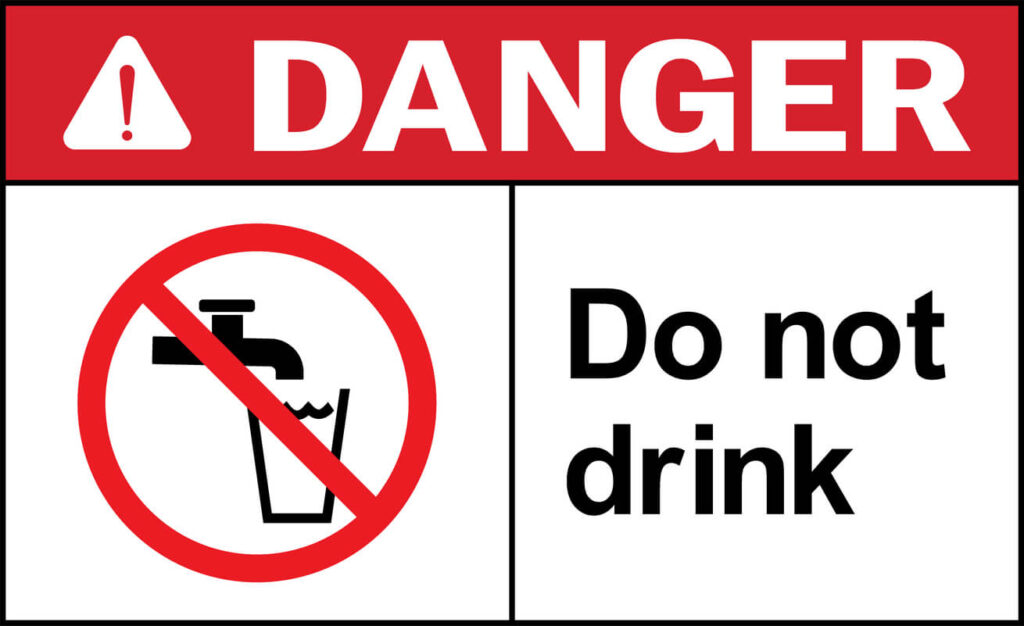Weitz & Luxenberg is investigating complaints from farmers who say that their crops have been harmed by the weed killer dicamba, which is sold by Monsanto, BASF and DuPont. The herbicide is designed to work with Monsanto’s genetically modified seeds that are resistant to the weed killer. Despite claims that newer versions of the dicamba have “low volatility” and are less prone to becoming airborne, it is estimated that 3.1 million acres of farmland have been damaged by the herbicide this year.
“Thousands of farmers have seen their crops destroyed because of dicamba through no fault of their own,” said Robin Greenwald, Chair of Weitz & Luxenberg’s Environmental and Consumer Protection Unit. “Manufacturers claim to have addressed the problem of drift with new formulas designed to grip crops better, but that is clearly not the case. A closer look at the chemical is warranted – to protect our food, our farms and our families.”
The smallest amount of dicamba can be deadly to crops that are not genetically modified. In July 2017, Missouri and Arkansas have introduced short-term bans on the herbicide and the Environmental Protection Agency (EPA) is considering partial banning on dicamba sprayings next year.
Weitz & Luxenberg encourages anyone whose crops have been harmed by dicamba to contact the firm.
Weitz & Luxenberg has investigated other herbicides, including Monsanto’s Roundup product, which contains a chemical that is a known carcinogen. The firm is currently involved in the multi-district litigation in Northern California and in state actions in Missouri and Delaware, representing hundreds of consumers who developed non-Hodgkin’s lymphoma.


